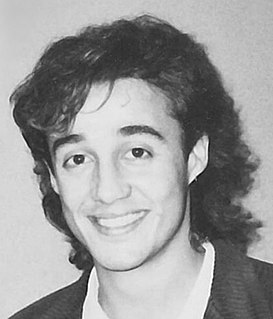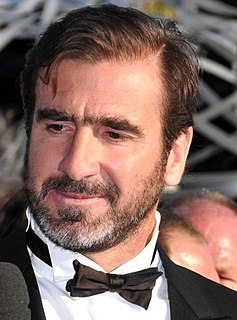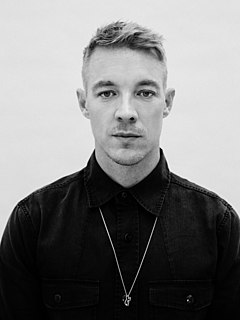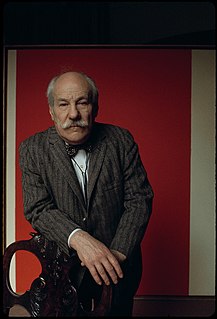A Quote by Andrew Ridgeley
George has left in his songs, in the transcendent beauty of his voice, and in the poetic expression of his soul, the very best of himself.
Related Quotes
At that instant he knew that all his doubts, even the impossibility of believing with his reason, of which he was aware in himself, did not in the least hinder his turning to God. All of that now floated out of his soul like dust. To whom was he to turn if not to Him in whose hands he felt himself, his soul, and his love?
When Christ was about to leave the world, He made His will. His soul He committed to His father; His body He bequeathed to Joseph to be decently interred; His clothes fell to the soldiers; His mother He left to the care of John; but what should He leave to His poor disciples that had left all for Him? Silver and gold He had none; but He left them that which was infinitely better, His peace.
Strange is the vigour in a brave man's soul. The strength of his spirit and his irresistible power, the greatness of his heart and the height of his condition, his mighty confidence and contempt of danger, his true security and repose in himself, his liberty to dare and do what he pleaseth, his alacrity in the midst of fears, his invincible temper, are advantages which make him master of fortune.
God has sovereignly pulled back the curtain on His glory. He has disclosed Himself on the platform of both creation and redemption that we might stand awestruck in His presence, beholding the sweet symmetry of His attributes, pondering the unfathomable depths of His greatness, baffled by the wisdom of His deeds and the limitless extent of His goodness. This is His beauty.
Mary adored Jesus as the Bridegroom of souls. Union is the final purpose of love. Jesus by the gift of His substance in the Eucharist unites Himself with our souls as with His dear spouses. As a Bridegroom, He gives them all His possessions, His name, His heart, His whole Self, but on the condition that the soul reciprocates. The soul, His spouse, shall live for Him only
The idea of beauty which man creates for himself imprints itself on his whole attire, crumples or stiffens his dress, rounds off or squares his gesture, and in the long run even ends by subtly penetrating the very features of his face. Man ends by looking like his ideal self. These engravings can be translated either into beauty or ugliness; in one direction, they become caricatures, in the other, antique statues.
Some souls think that the Holy Spirit is very far away, far, far, up above. Actually he is, we might say, the divine Person who is most closely present to the creature. He accompanies him everywhere. He penetrates him with himself. He calls him, he protects him. He makes of him his living temple. He defends him. He helps him. He guards him from all his enemies. He is closer to him than his own soul. All the good a soul accomplishes, it carries out under his inspiration, in his light, by his grace and his help.
It is God's earth out of which man is taken. From it he has his body. His body belongs to his essential being. Man's body is not his prison, his shell his exterior, but man himself. Man does not "have" a body; he does not "have" a soul; rather he "is" body and soul. Man in the beginning is really his body. He is one. He is his body, as Christ is completely his body, as the Church is the body of Christ



































